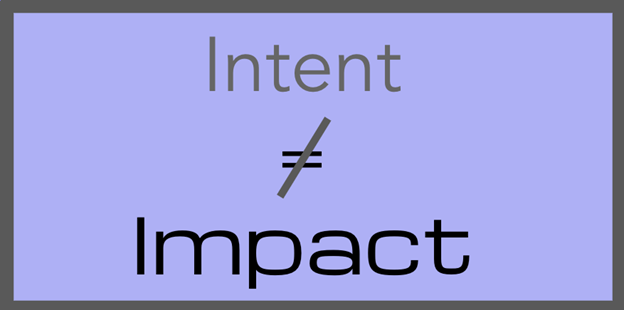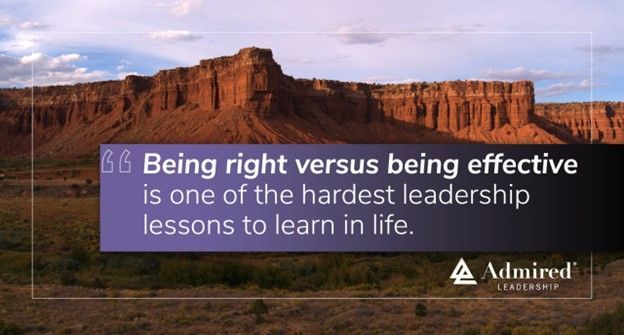Feeback Sandwiches Part II: What Does Work
One Sentence That Makes Feedback More Successful

I have written before about how the feedback sandwich doesn’t work. In a recent article, Wharton organizational psychologist and author Adam Grant agrees, but he also cites some research on what works better.
"The feedback sandwich doesn't work," Grant told CNBC Make It. "It does not taste as good as it looks." In a feedback sandwich, someone delivers a piece of criticism between two positive observations, attempting to make the reprimand more palatable. You might start by complimenting your colleague's work ethic, delivering a criticism about their tardiness, and then praising their overall work quality.
According to one survey, eighty-six percent of U.S. workers have received a feedback sandwich, and 95% have given one. But they do not lead to better performance than simple corrections or no feedback at all. The main problem with the approach, Grant says, is that If the recipient focuses on the criticism, they'll forget all about the praise.
That's especially true for people who have gotten feedback sandwiches before, because the moment they hear the praise, they start anticipating the criticism. It makes the compliments feel insincere like they're only there to "soften the blow," says Grant.
The 1 sentence you should use instead:
If you have some criticism to deliver, don't try to hide or mask it, says Grant. Preface it with a single sentence: "I'm giving you these comments because I have very high expectations and I know that you can reach them."
It comes from Grant's "favorite experiment," a 2013 study conducted by researchers at Stanford. In the study, students who were given feedback with that one sentence were more likely to implement the suggested changes than any other students.
"The most important communication of information in your feedback happens before you give the content of the feedback," Grant explained. You don't have to use those exact words, he added — as long as you can show the other person that your intent is to help them improve, not to attack them. Or, as he says now: "It's surprisingly easy to hear a hard truth when it comes from someone who believes in your potential and cares about your success."
Every few months I produce a free newsletter. No Spam. Unsubscribe anytime.
For a taste, view the archives
SUBSCRIBE
Thank you for contacting us. We promise not to Spam you and we'll get back to you as soon as possible.
Please try again later.
Blogs and vlogs are sorted by topic at the bottom of each service page
STRATEGIC PLANNING
CHANGE MANAGEMENT
CONFLICT MANAGEMENT
TEAM BUILDING
ASSESSMENTS
EXECUTIVE COACHING
IMPROVING EFFICIENCY
BOARD DEVELOPMENT
See the world as you want it to be and learn how to make it that way.
802-251-0048
Brattleboro, VT 05301
QUICK LINKS
SERVICES
SUBSCRIBE
Thank you for contacting us. We promise not to Spam you and we'll get back to you as soon as possible.
Please try again later.




